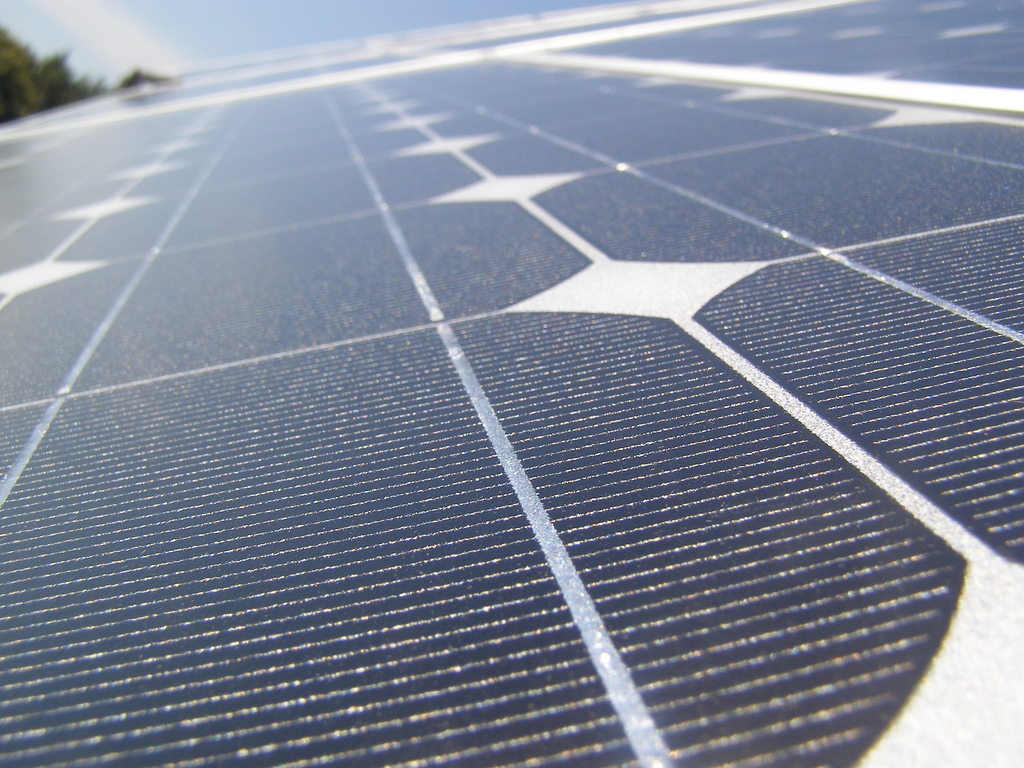The peak body for Australia’s solar industry, the Australian Solar Council (ASC), has moved to give government purchasers and consumers far greater confidence in the quality and performance of panels on the local market.
As the uptake of photovoltaic cells rapidly increases, the ASC has a launched a new ‘trust mark’ it expects will become the industry standard for local and state government installations, including those put to public tender.
The quality assurance stamp from the industry is a big deal for government, industry and consumers because it will for the first time create a standardised benchmark against which products can be assessed rather than wading through reams of complex technical documentation.
“We are talking to several local governments and state governments about making this a prerequisite for any projects done under government tender,” Solar Council chief executive John Grimes told Government News.
“Until now a paper assessment, once every five years, is all that has been done before a particular solar panel can be used in Australia.”
Mr Grimes said he expected that the new trust mark would become a de facto standard for government buyers because it offered “a much higher level of assurance” for outcomes.
An added incentive for government buyers is that the Australian industry led initiative will act to drive down the cost of product assessments that can sometimes inhibit initial purchasing of panels.
Although the blossoming solar industry has been in the crosshairs of some policymakers, especially at the federal level, local and state government have been literally voting with their rooftops in an effort to bring down increasingly expensive electricity costs.
In regional and remote areas, the combination of solar cells, new battery storage technology as well as lower energy lights and other devices has provided materially significant material savings that make solar installations readily viable in economic terms.
However the rapid advances in solar technology and its increase in popularity in Australia has also attracted some cut-price manufacturers to the market whose quality control standards can vary.
The issue for solar buyers is that as the technology becomes mainstream and almost generic, it can become harder to tell which products meet quality standards and expectations – a key reason why the ASC want to expose product quality.
“The Australian Solar Council has seen numerous examples of substandard panels entering the Australian market, as some manufacturers pass off inferior panels as being ‘high quality’,” Mr Grimes said.
“Until now there has been no way for the public to identify genuine quality solar panels. Instead, we see disreputable manufacturers ‘gaming the system’, substituting cheap materials, and pricing quality manufacturers out of the market.”
Under the Solar Council’s quality mark program, solar panels will be audited “where they are made, to make sure the materials and processes used are of a genuine high standard.”
The “Positive Quality Program” will also put in place a “60 point factory check, detailed testing of solar panels (selected at random), and make sure all certificates are genuine and up-to-date, four times every year.”
The Solar Council says that under its new scheme “only solar panels that meet Australian Standards during continuous testing will be certified under the Positive Quality program.”
“Project developers, consultants and the general public will have an easy way to identify high-quality solar panels, when they see the Positive Quality logo”.
Suppliers signing up to the new quality regime as ‘foundation partners’ include Trina Solar, Yingli Solar and JA Solar.






More bull than reality, I bet money will speak the loudest, not quality.